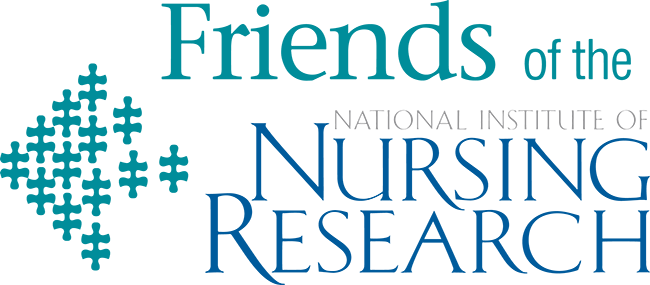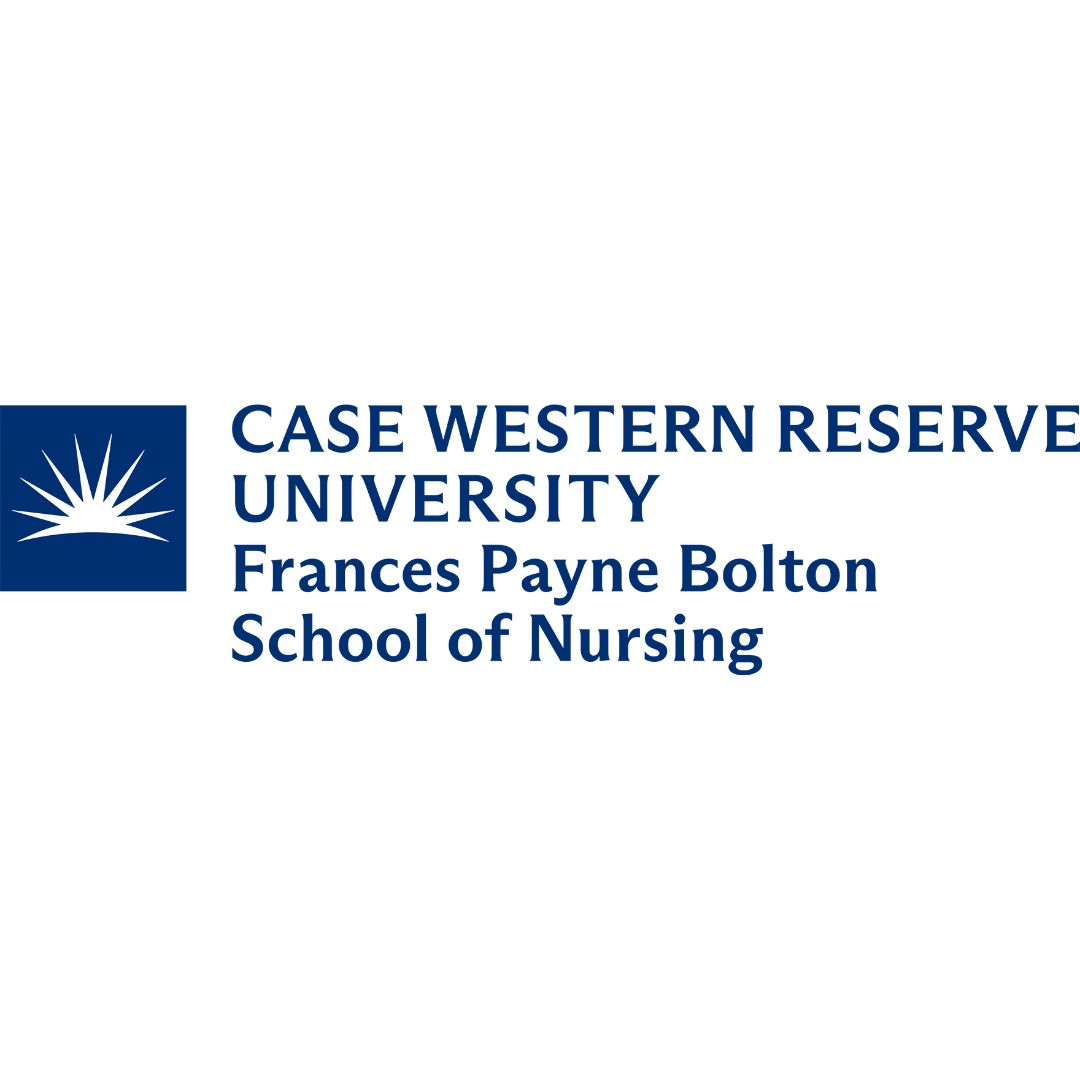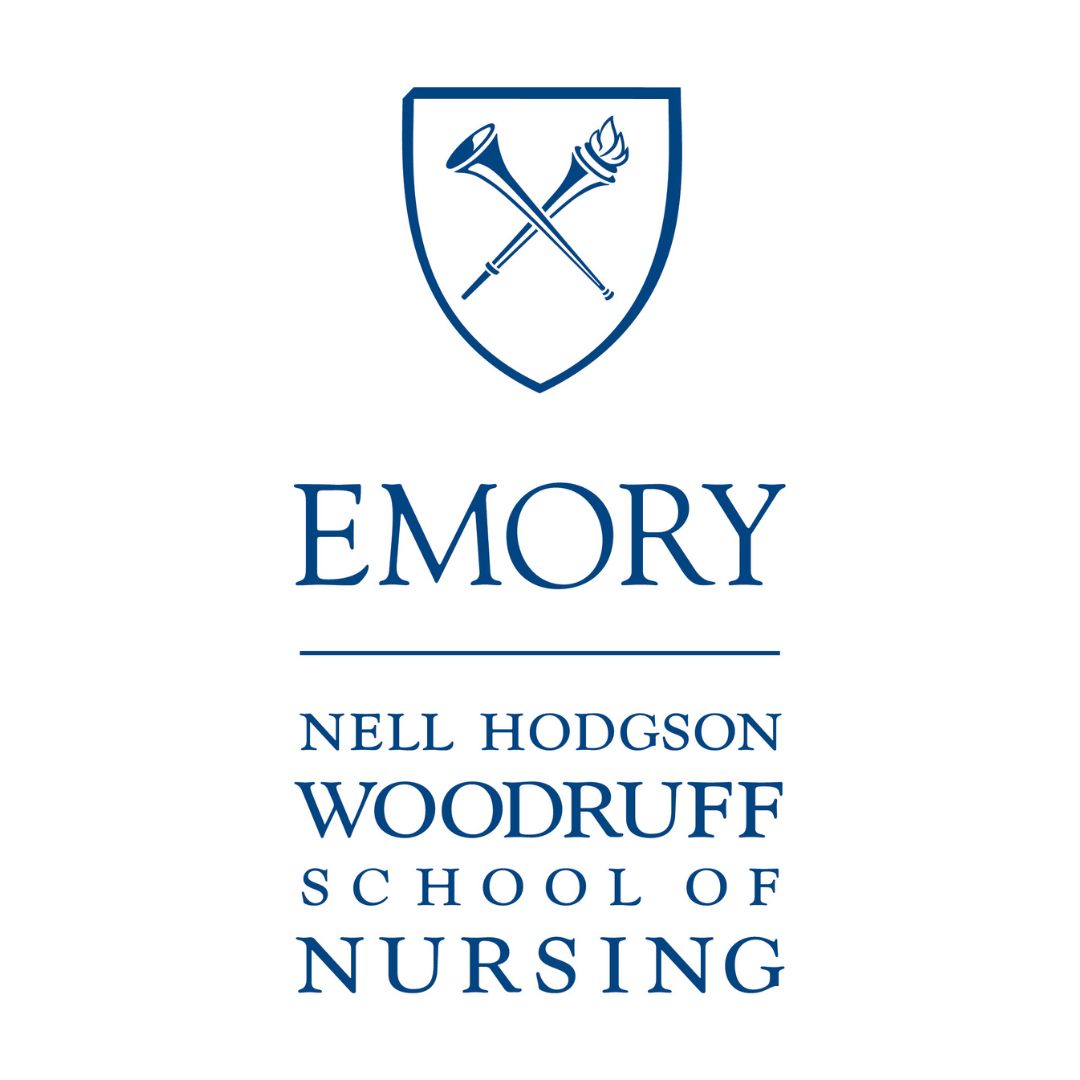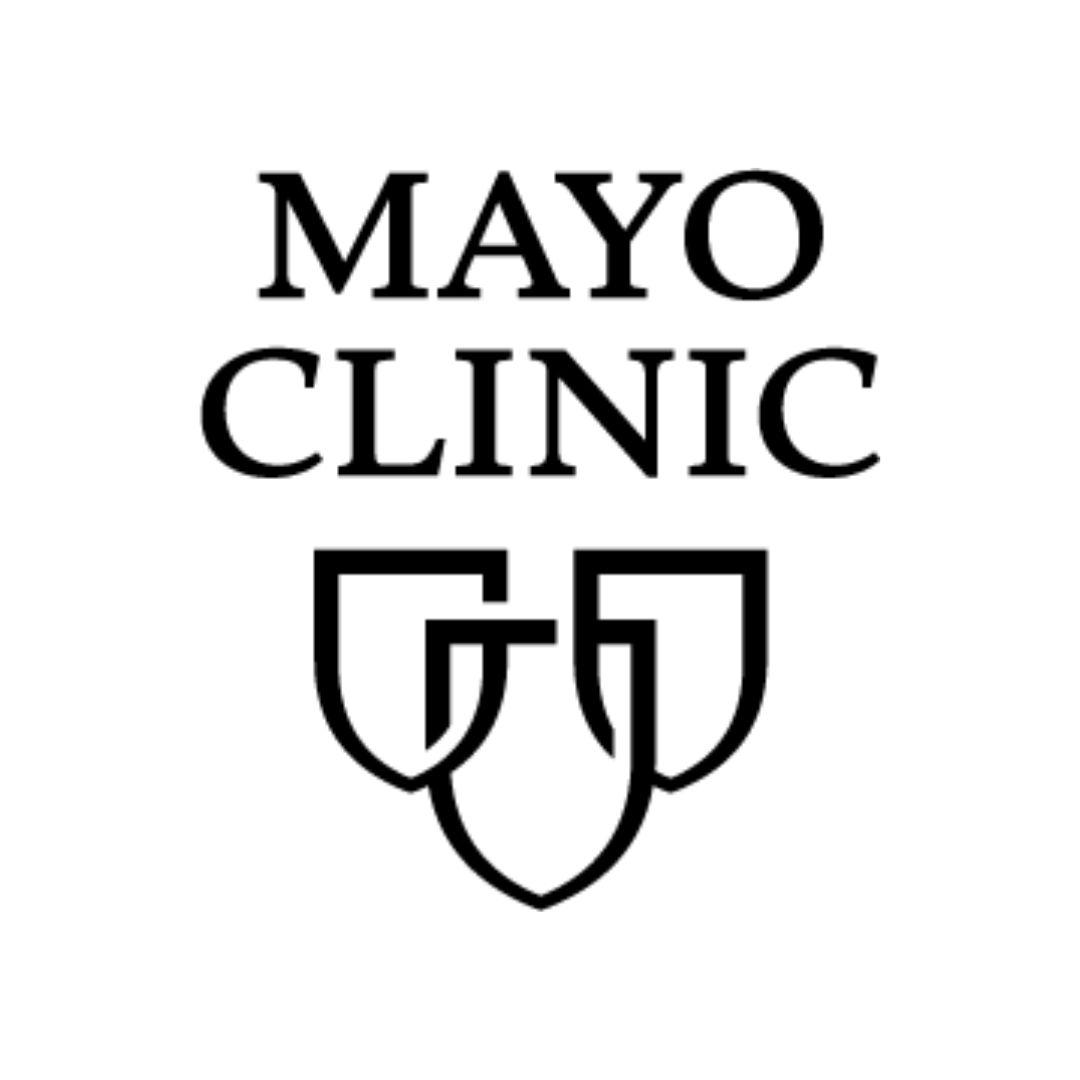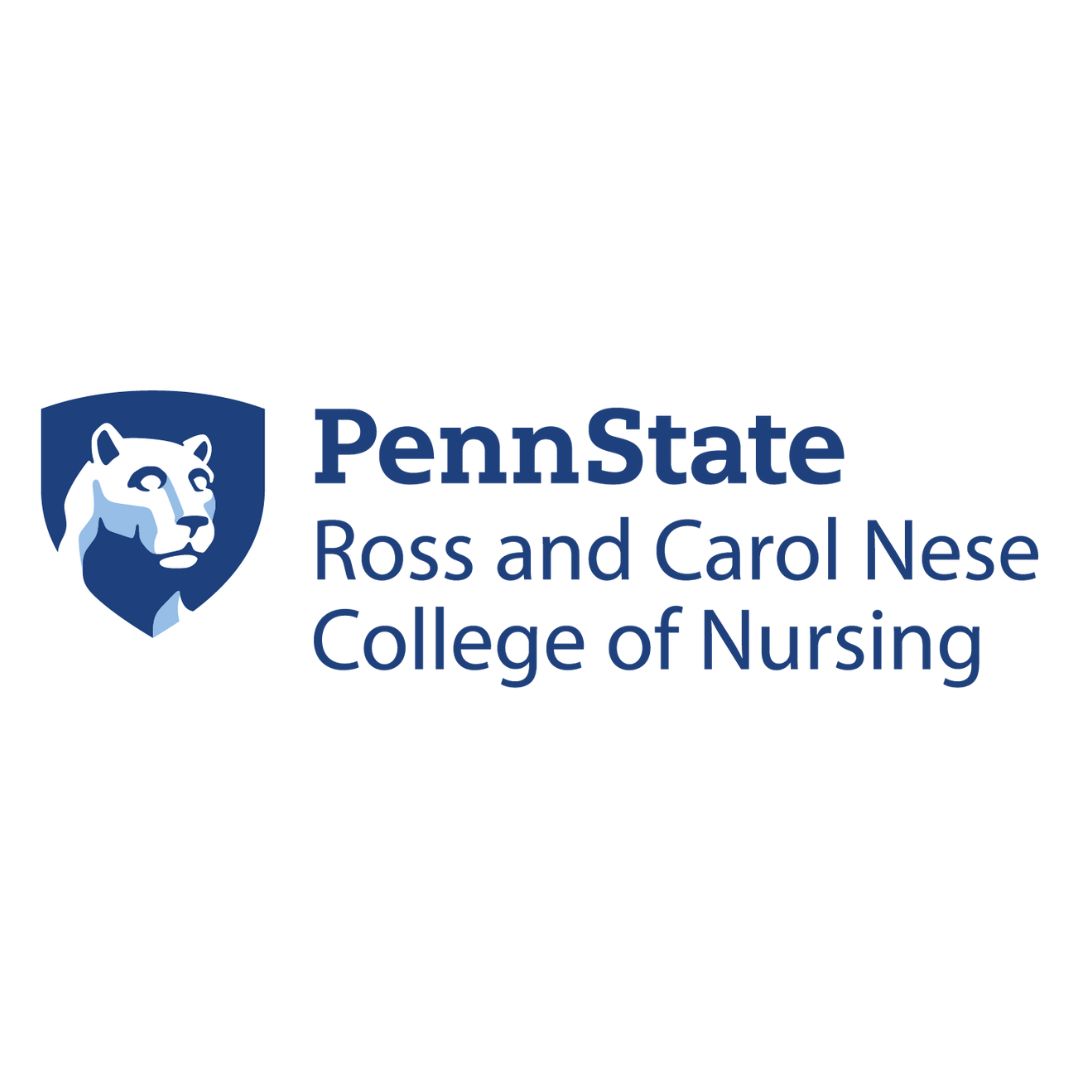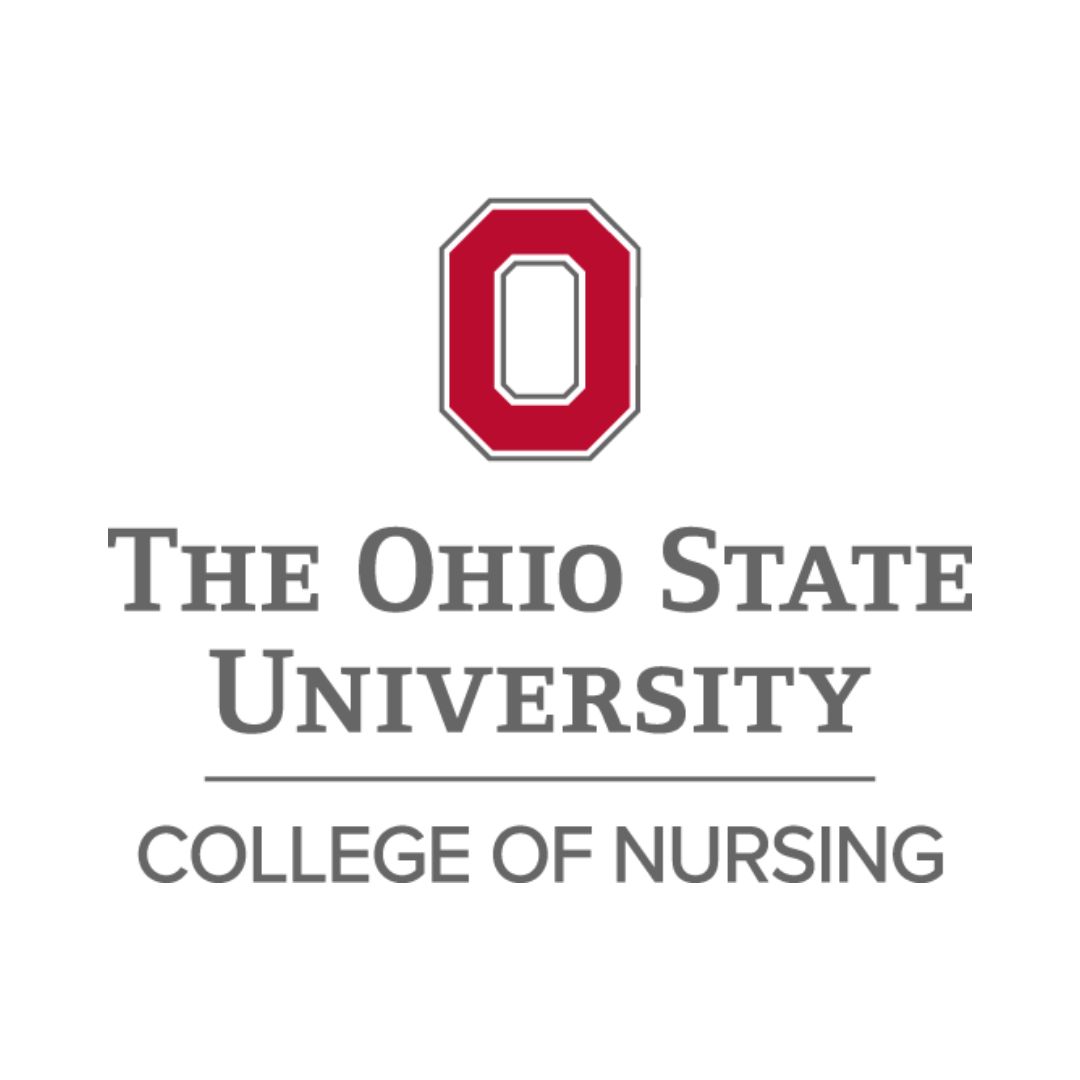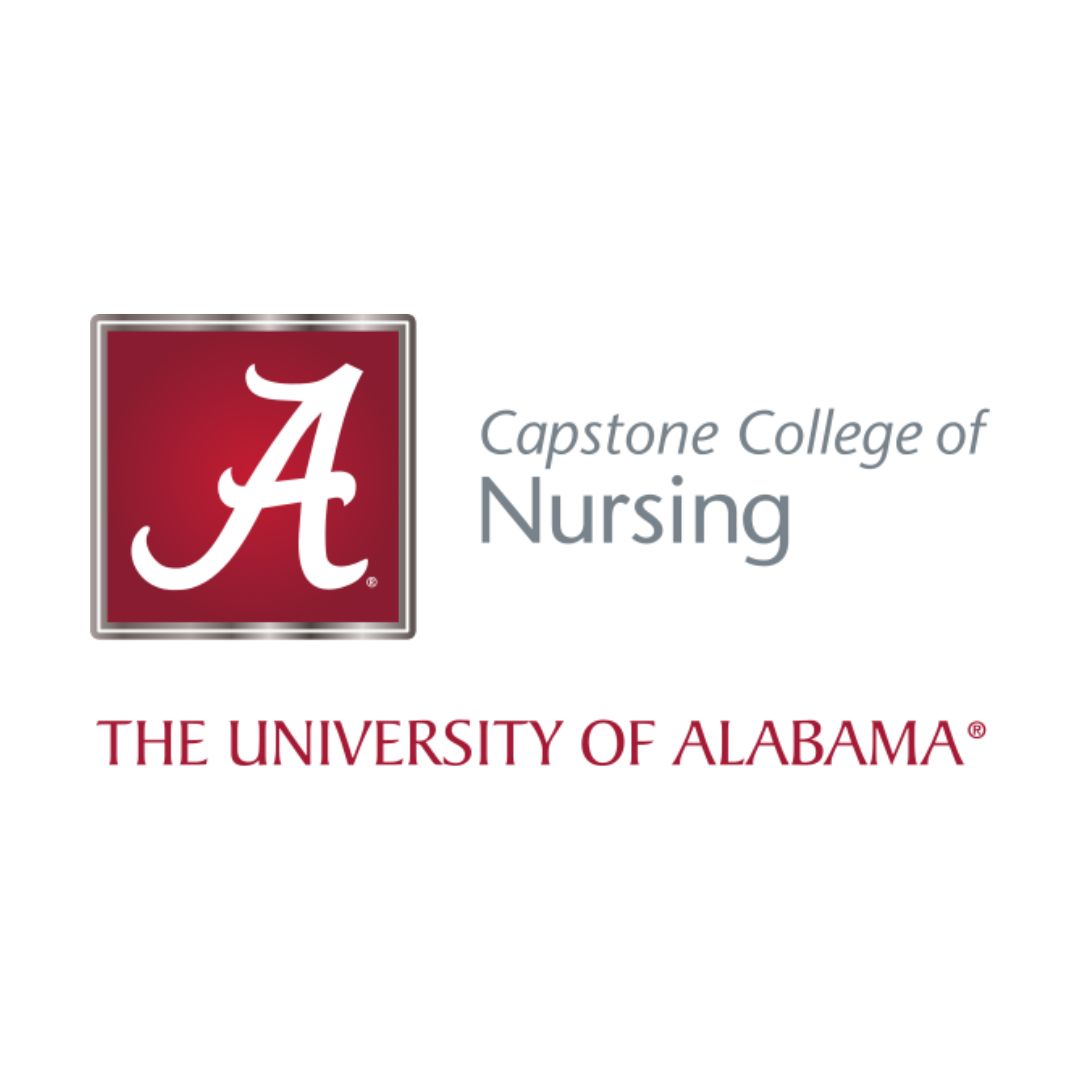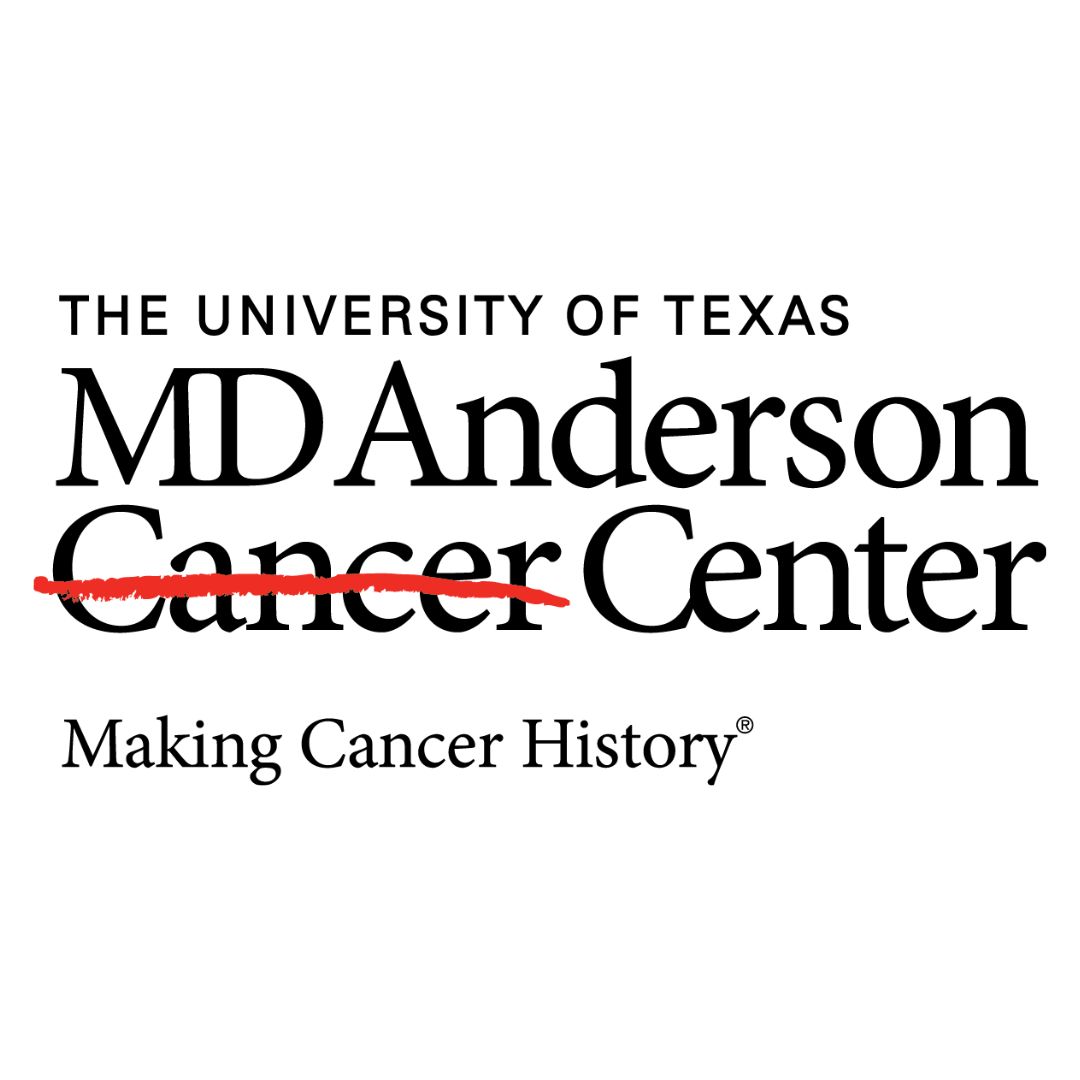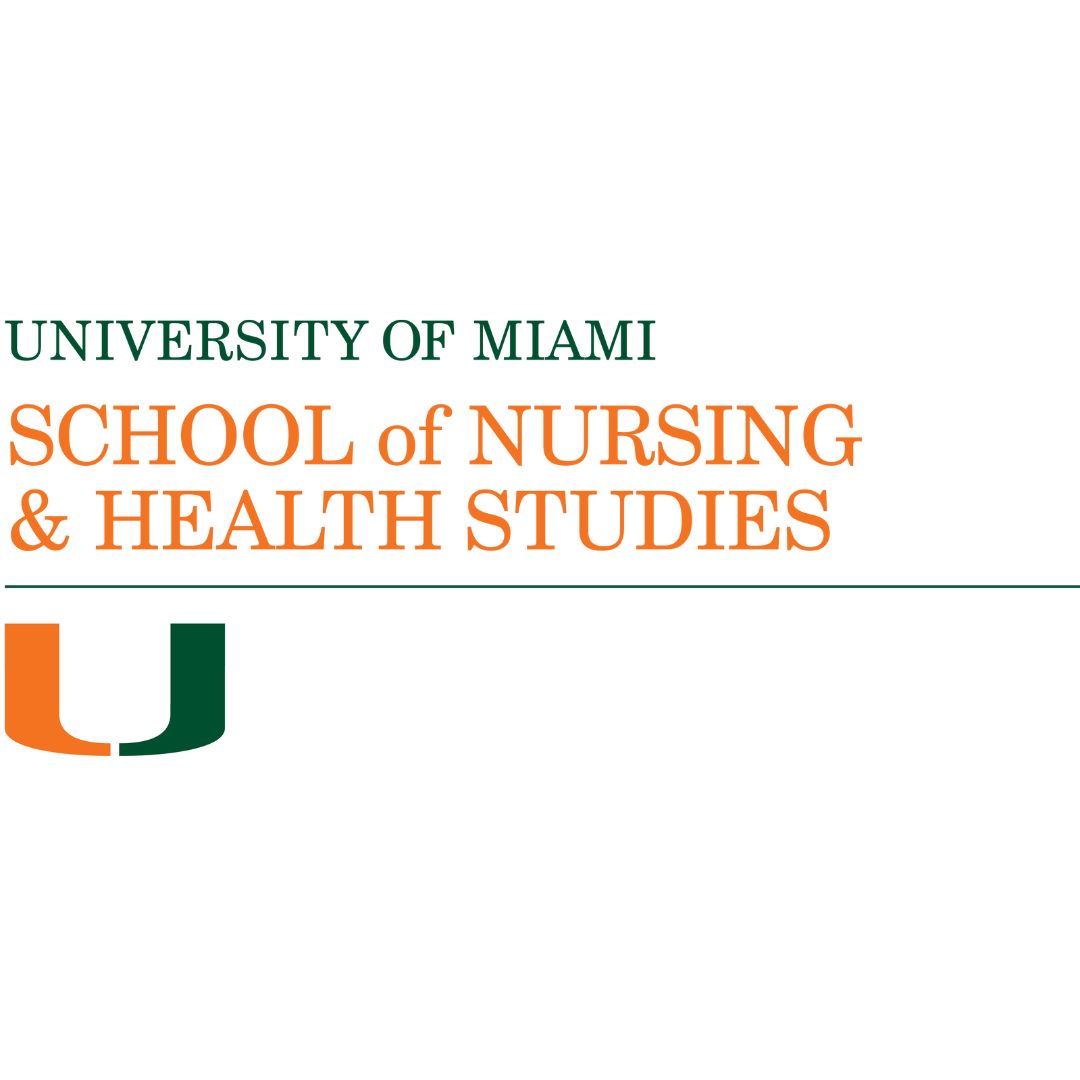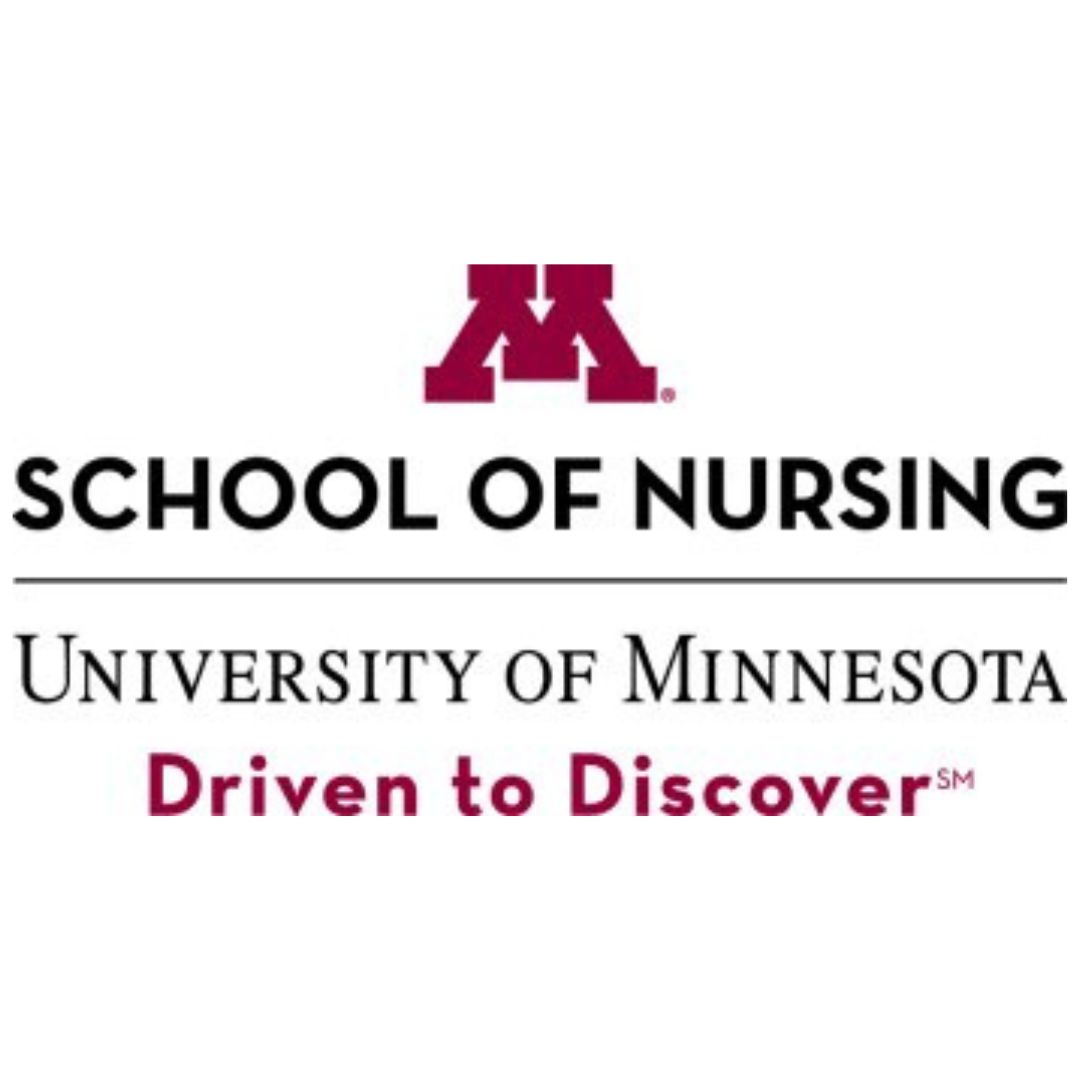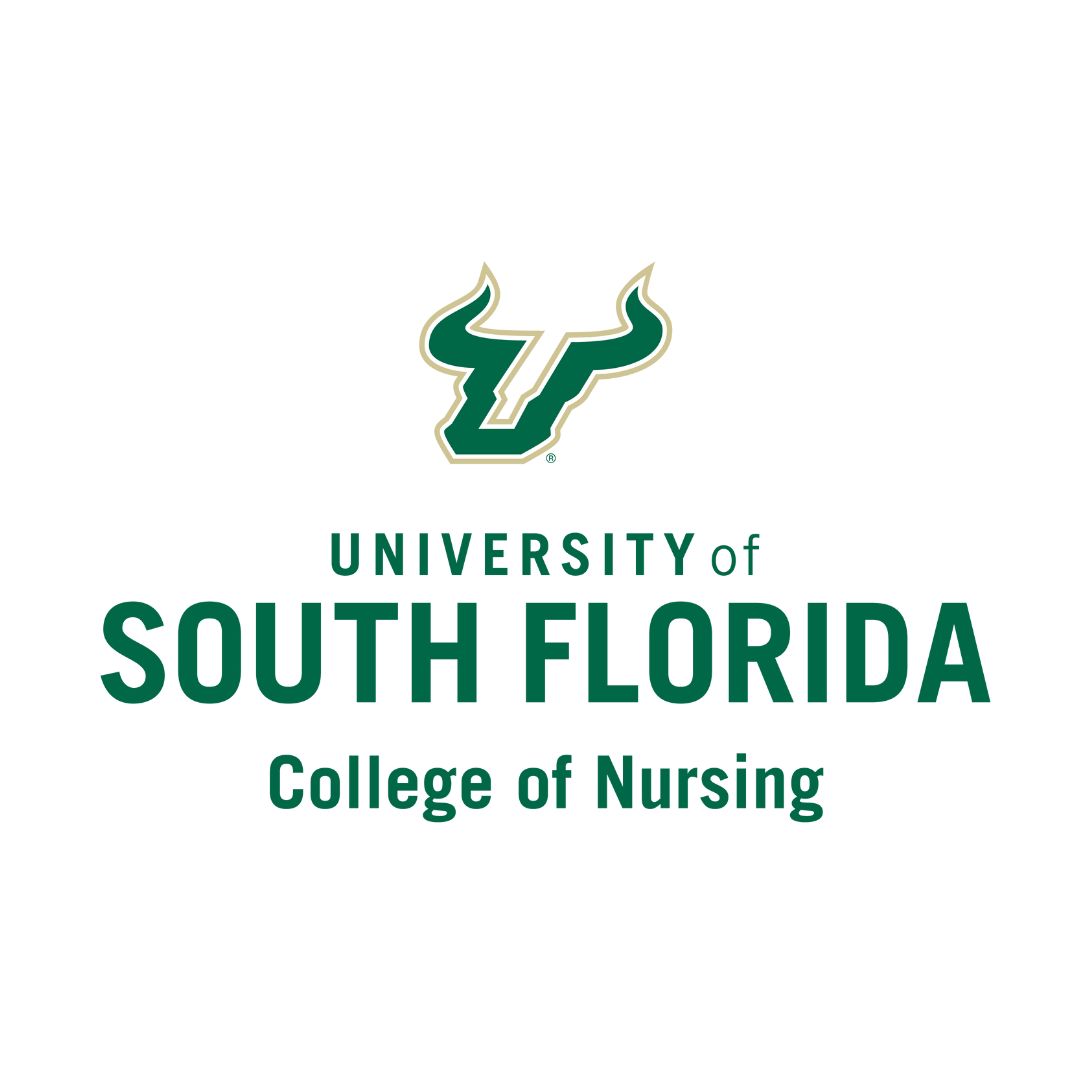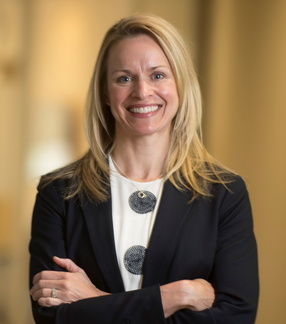 Robin Austin, PhD, DNP, DC, RN-BC
Robin Austin, PhD, DNP, DC, RN-BC
University of Minnesota, School of Nursing
Please describe your work with the COVID-19 pandemic.
This COVID-19 project is titled “Social Determinants of Health and COVID-19: Implementing Community Outreach Data Collection Tool to Engage Vulnerable Individuals with Low Socioeconomic Status and Inform Decision Makers on Needs of Population” using virtual outreach through web-based MyStrengths+MyHealthTM application. This project identifies and addresses the needs of this population to understand individual and community strengths, challenges, and needs (S-C-N) during the pandemic. We recognize there are multiple factors that influence individual and community health (i.e. social determinants of health); this often missing perspective is critical to provide a more complete picture of individual and community health. We will engage community voices and perspectives via a community advisory board to interpret and determine response to the data we collect.
Please give us information about your background and history as a nurse scientist.
My dissertation research highlighted the use of consumer-generated health data from the web-based health application, MyStrengths+MyHealth (MSMH). Along with my colleague and PhD advisor, Dr Karen Monsen, MSMH was developed to enable self-report of strengths, challenges, and needs using a simplified version of the Omaha System, a multi-disciplinary standardized health terminology. The feasibility and acceptability pilot test of the MyStrengths+MyHealth (MSMH) application at the Minnesota State Fair (2017) with over 380 participants was completed. The results showed it was feasible to collect participant self-report of strengths, challenges and needs data using MSMH. Participants found MSMH easy to use and liked the idea of being able to share health information from their own perspective and include strengths (assets) as part of that process. One of the most recent MSMH projects, Shifting the Opioid Conversation from Stigma to Strengths (S2S) showed that community members are interested in obtaining and using data that reveal a whole-person perspective, in order to facilitate communication and dialogue regarding opioid use disorder. This research provides a foundation to advance knowledge in the emerging field of whole-person strengths-based healthcare.
What else would you like the public to know about your role or the role of nurse scientists in the fight against COVID-19?
I believe that it is the responsibility of a nurse scientist to be a voice for individuals whom nurses care for, our communities, and our discipline. Through our research we are contributing to innovative science that will impact the health and wellbeing of our society. The role of nurse scientists is, now more than ever, highlighting the valuable commitment and dedication to the overall health of the public.
If you would also like to share your story, you can do so by filling out this form.
